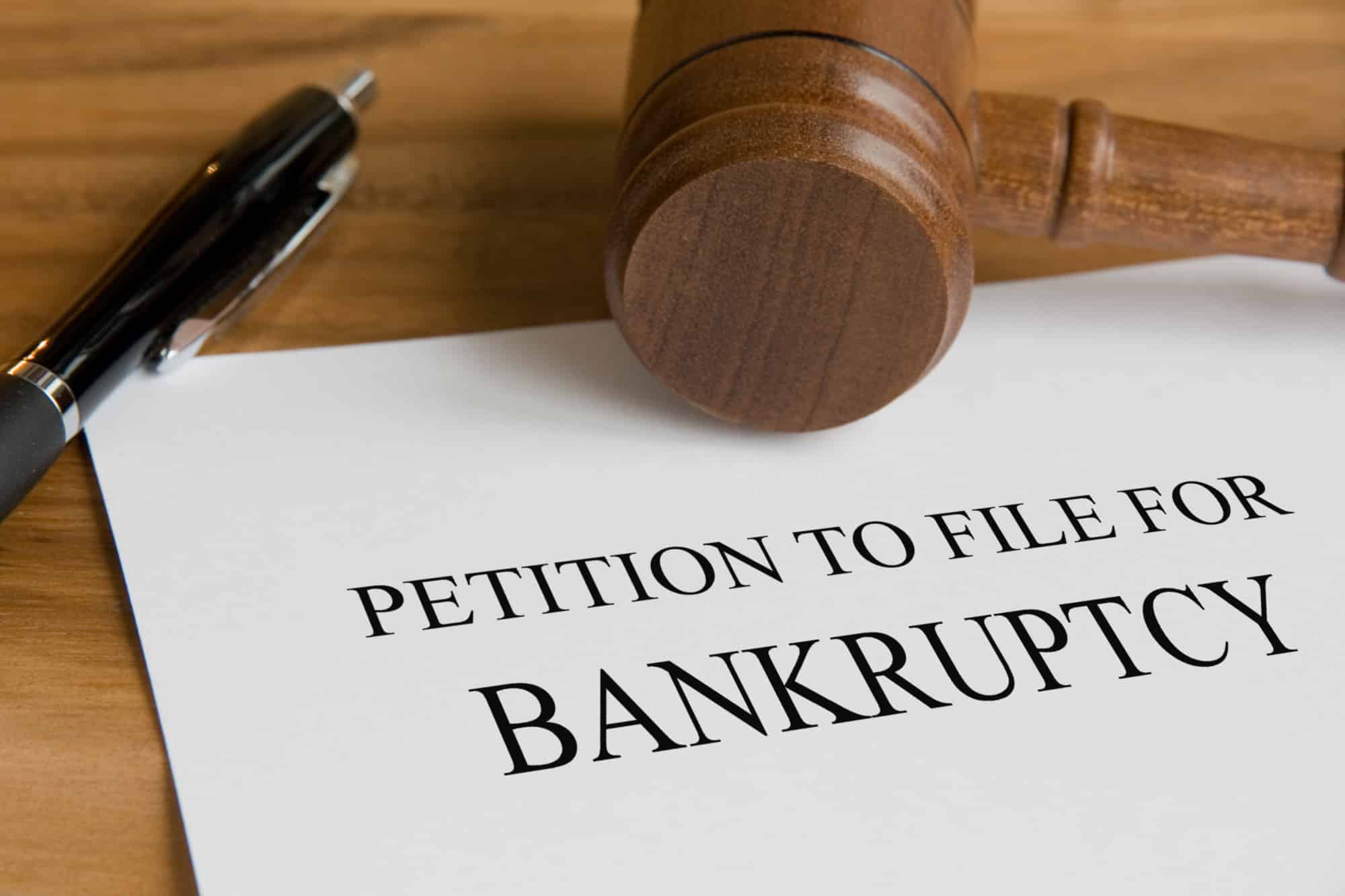BlockFi Sets New Standard for Bankruptcy Transparency
18.09.2024 14:30 1 min. read Alexander Zdravkov
The bankruptcy proceedings for BlockFi and FTX are nearing their conclusions, though their approaches have been notably different.
BlockFi’s case has been praised for its clarity and efficiency, with the company providing detailed reports on its assets, which helped expedite the process.
In contrast, FTX is still navigating some challenges, with a critical hearing for its reorganization plan expected next month. Although creditors have supported the plan, it’s not without controversy, and FTX’s bankruptcy could be settled by the end of the year.
BlockFi, on the other hand, is in the final stages of its bankruptcy process, with its plan already confirmed. Legal experts have pointed to BlockFi’s transparency as a model for future cases, contrasting it with FTX’s more opaque handling. Both companies faced disputes over how to repay creditors—whether in cash or cryptocurrency.
FTX opted for cash distributions, despite some pushback from creditors who preferred crypto, while BlockFi couldn’t meet demands for crypto repayments due to a shortage of digital assets.
The differing outcomes raise questions about whether existing bankruptcy laws are sufficient for handling crypto-related cases. Some argue that the current legal framework worked well in BlockFi’s case, while others believe new, crypto-specific regulations are necessary.
-
1
Weekly Recap: Key Shifts and Milestones Across the Crypto Ecosystem
06.07.2025 17:00 4 min. read -
2
Trump Imposes 50% Tariff on Brazil: Political Tensions and Censorship at the Center
10.07.2025 7:00 2 min. read -
3
Key Crypto Events to Watch in the Next Months
20.07.2025 22:00 2 min. read -
4
USA Imposes Tariffs on Multiple Countries: How the Crypto Market Could React
08.07.2025 8:30 2 min. read -
5
UAE Regulators Dismiss Toncoin Residency Rumors
07.07.2025 11:12 2 min. read
Two Upcoming Decisions Could Shake Crypto Markets This Week
The final days of July could bring critical developments that reshape investor sentiment and influence the next leg of the crypto market’s trend.
Winklevoss Slams JPMorgan for Blocking Gemini’s Banking Access
Tyler Winklevoss, co-founder of crypto exchange Gemini, has accused JPMorgan of retaliating against the platform by freezing its effort to restore banking services.
Robert Kiyosaki Warns: ETFs Aren’t The Real Thing
Renowned author and financial educator Robert Kiyosaki has issued a word of caution to everyday investors relying too heavily on exchange-traded funds (ETFs).
Bitwise CIO: The Four-Year Crypto Cycle is Breaking Down
The classic four-year crypto market cycle—long driven by Bitcoin halvings and boom-bust investor behavior—is losing relevance, according to Bitwise CIO Matt Hougan.
-
1
Weekly Recap: Key Shifts and Milestones Across the Crypto Ecosystem
06.07.2025 17:00 4 min. read -
2
Trump Imposes 50% Tariff on Brazil: Political Tensions and Censorship at the Center
10.07.2025 7:00 2 min. read -
3
Key Crypto Events to Watch in the Next Months
20.07.2025 22:00 2 min. read -
4
USA Imposes Tariffs on Multiple Countries: How the Crypto Market Could React
08.07.2025 8:30 2 min. read -
5
UAE Regulators Dismiss Toncoin Residency Rumors
07.07.2025 11:12 2 min. read


